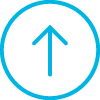
The QA Commons is mindful of the dramatic and transformational impact COVID-19 is having on all institutions of higher education. As an organization, we are adapting our services to support preparing graduates for the workplace that is now changing more precipitously than ever.
Imagine this… a young interviewee comes in and is able to tell a prospective employer, here are the essential employability qualities I have gained, here is how they were developed in my academic work and in an internship, and here is how I was assessed. Wow.
Much has been written about the skills gap and the need for graduates to be equipped with soft skills in order to be successful in the workplace. It is what the QA Commons addresses in its work on “EEQ Certification.” (The QA Commons has identified eight “Essential Employability Qualities,” or “EEQs” that need – not only in their first job, but as a foundation for a lifetime of engaged employment.) As a 2019-20 Kentucky Faculty Employability Fellow, Kara spent time interviewing a number of employers local to her college. She found not only that employers were looking for skills like reliability, work ethic, ambition, and problem solving, but also that employers felt AWARENESS around these skills were lacking. Or, one might say, the graduates and young employees didn’t know what they didn’t know…

Kara is a newly promoted Dean of Allied Health at Jefferson Community and Technical College. In addition to her work at the college, she is pursuing a Doctorate of Education at Morehead State University. Her research interest is around connecting students to jobs in the workforce and how programs can establish career pathways for students. One of the collegiate programs her department oversees, Medical Assisting, was one of the first 13 programs to be “EEQ Certified” by the QA Commons. When Kara was recognized by her provost as a “rising faculty voice” and appointed to the “Faculty Fellows” program, Kara felt like the opportunity was a perfect fit and she was able to strengthen the work she had begun doing.
Faculty Fellows are intended to be advocates and champions for a thoughtful and integrated approach to employability. The challenge for each Faculty Fellow is to influence meaningful, sustainable change for employability on his/her respective campus. Kara noted that, in technical programs a good job is done around training for the specific [hard] skills that are required in the field. However, there is no collective responsibility across the college for assuring that learners acquire the skills that are essential for the workplace. “In the past, we’ve assumed students will figure things out for themselves. I believe it is important for educators to make instruction of the [soft] skills more explicit. We can talk about communication skills all we want but, until we give a specific example and a solid assignment to demonstrate use and growth, students are generally not able to demonstrate that competency.”
Kara’s Faculty Fellows “Impact Project” identified the changes that she, her colleagues and her institution can make to ensure the employability of Jefferson’s graduates. In this project, one of her findings was that, while employability skills are addressed to some degree in all programs of study at the college (Jefferson CTC), student exposure to, and awareness of, the skills depended greatly on which courses a student completes, which instructors the students had for the course, and whether the courses were embedded in a technical program of study or pathway design for transfer to a four-year institution. Kara noted that, while Essential Employability Qualities are implied within the learning outcomes for the college’s First Year Experience course, one impactful improvement could be explicitly articulating those learning outcomes for students within the course content. This is something she hopes to pursue in her work at the college. Additionally, she would like to work beyond the First Year Experience course to embed the EEQs across other courses so that students are developing these skills in every course.
Kara believes there is huge value for students in experiential learning -and is a believer in internships. She has noted that, in conversations with faculty, the same topic tends to surface. That is, in order for a student to be successful in that internship, the student needs to be prepared in advance with essential employability qualities. A student who is unable to communicate, inquire, and display the other Essential Employability Qualities is not going to flourish.
It is easy to sense Kara’s excitement around this work. She spoke with fondness of the value she found in working with another Fellow from Jefferson CTC, Caroline Reisner, an Associate Professor of Geology. She reflected on the different perspective that Caroline had, given the broad nature of that discipline and the fact that students in Geology do not always go on to become geologists. Kara noted that there is a richness in working across colleges.
Kara also shared that recognition of the need for connectivity to employers in the community, who value the growth of students as potential employees, was something she gained from participating in the Faculty Fellows program. (As a part of the Faculty Fellows program, participants are required to speak with employers). Kara believes that showing that institutions of higher education are responsive to employer needs is critical to the solution for graduate employability.
The QA Commons looks forward to collaborating with Kara as she completes her dissertation and continues in her career.
Enter your email below to follow this project and receive notifications.

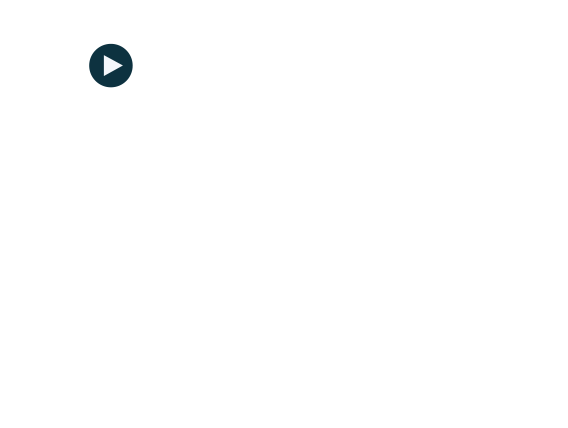

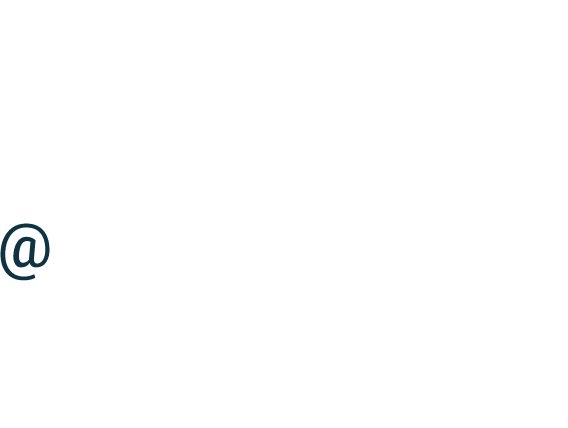
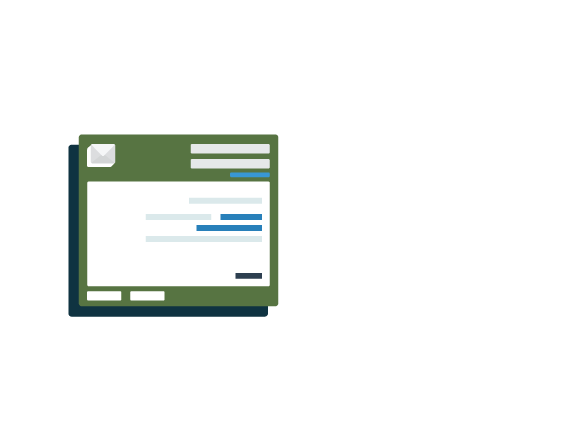



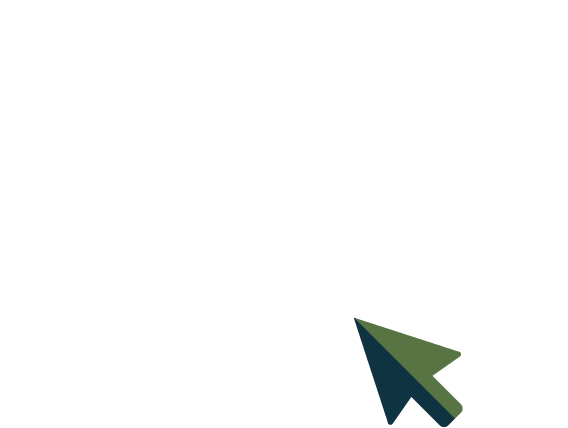
We appreciate you contacting us. One of our colleagues will get back to you shortly.
